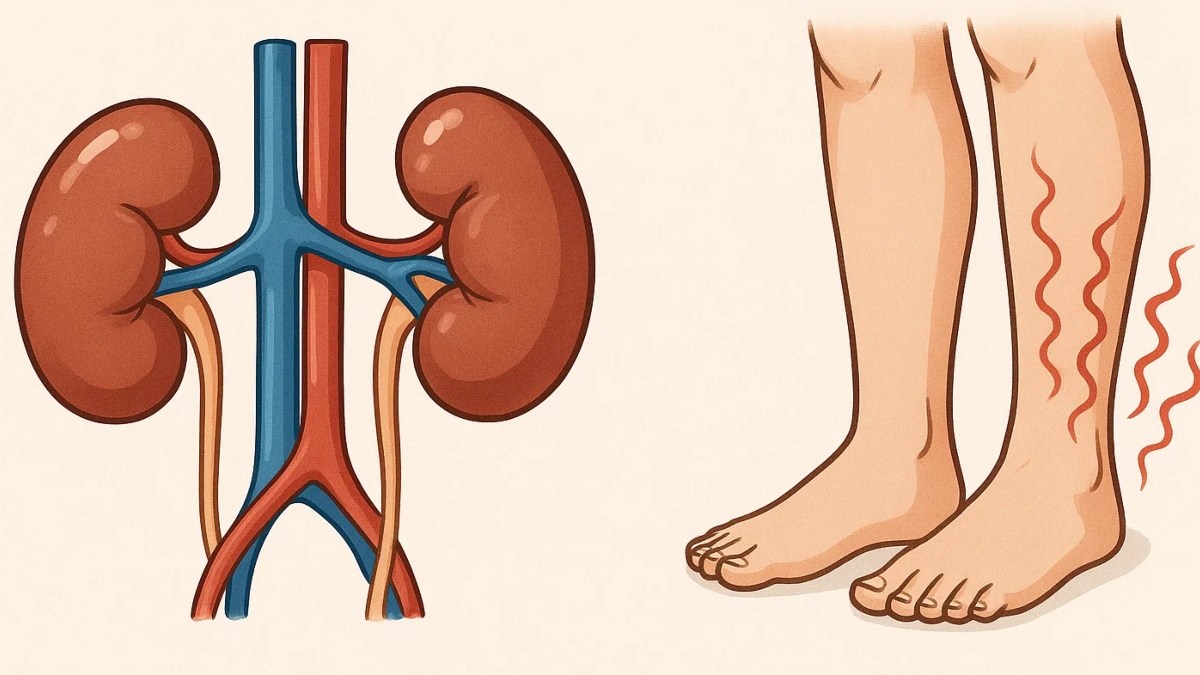Coffee vs. Tea: The Aussie Health Showdown - Which Brew Wins?

For decades, the debate has raged: coffee or tea? Which is the healthier choice for boosting energy and overall wellbeing? Australians love their caffeine, but are we making the right call? A recent study from Tufts University has thrown some fascinating new light on the coffee question, suggesting that a daily dose (one to three cups) might actually contribute to a longer life – but with a crucial caveat: watch the sugar and cream!
The Tufts University Research: A Deep Dive
The research, meticulously analysing data from over 46,000 participants over a 24-year period, looked at the long-term effects of coffee and tea consumption on mortality rates. The findings revealed a compelling link between moderate coffee consumption and a reduced risk of death from various causes. However, the researchers were quick to point out that the benefits are largely negated by excessive additions like sugar and cream. Essentially, a sugary, creamy latte won't deliver the same health perks as a black coffee or a lightly sweetened brew.
Tea's Time to Shine: More Than Just a Relaxing Cuppa
While coffee garnered significant attention, let's not dismiss the power of tea! Tea, particularly green tea and black tea, is packed with antioxidants – powerful compounds that combat cell damage and reduce the risk of chronic diseases. Green tea, in particular, is renowned for its high levels of catechins, which have been linked to improved heart health, brain function, and even cancer prevention. Black tea contains theaflavins and thearubigins, also potent antioxidants with various health benefits.
The Key Differences: Caffeine, Antioxidants, and Beyond
Here's a quick breakdown of the key differences between coffee and tea:
- Caffeine: Coffee generally contains more caffeine than tea, providing a stronger energy boost. However, the caffeine content can vary significantly depending on the type of coffee and brewing method.
- Antioxidants: Both coffee and tea are rich in antioxidants, but the types of antioxidants differ. Coffee boasts chlorogenic acids, while tea offers catechins (green tea), theaflavins, and thearubigins (black tea).
- Other Compounds: Coffee contains compounds like cafestol and kahweol, which may affect cholesterol levels. Tea contains L-theanine, an amino acid that promotes relaxation and focus without drowsiness.
So, Which One Should You Choose?
The truth is, there's no definitive winner in the coffee vs. tea debate. Both beverages offer unique health benefits and can be part of a healthy diet. The best choice depends on your individual preferences and health goals. If you're looking for a strong caffeine kick and enjoy the taste of coffee, opt for black coffee or a lightly sweetened version. If you prefer a more subtle energy boost and are seeking a wider range of antioxidants, tea is an excellent option.
Aussie Takeaway: Moderation is Key
Regardless of whether you choose coffee or tea, remember that moderation is key. Excessive caffeine consumption can lead to anxiety, insomnia, and other adverse effects. And always be mindful of added sugars and creams, which can negate the health benefits of both beverages. So, put the kettle on or grab your favourite coffee blend – and enjoy a delicious and potentially health-boosting brew!






